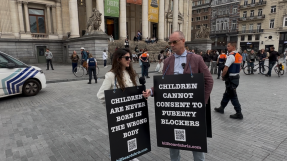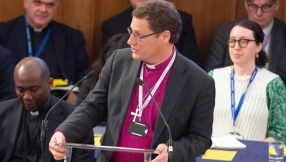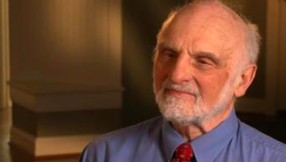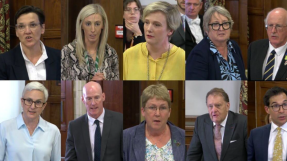There is a powerful comment piece in the Guardian today by the human rights lawyer and campaigner Lizzie O'Shea, who argues that 'traditional, top-down politics has failed' and, 'No matter what happens in Ireland's abortion referendum on Friday, the campaign should serve as an inspiration'.
As it happens, O'Shea passionately backs a Yes vote when it comes to repealing the eighth amendment which was introduced in 1983 and placed equal value on the life of the mother and the unborn child. But the article's headline is, 'Ireland's abortion referendum is revolutionary politics, whoever wins'. And it is this claim that is questionable, wherever you stand on abortion.
For referendums, the tool of dictators including Hitler, are lethally divisive, and do not bring any kind of closure on controversial issues, as we have seen so clearly in the case of the Brexit referendum in 2016 which has resulted in two years of political inertia and is likely to fuel many more years of foggy stalemate dominating the British political scene while the UK finds itself more divided than at any time since the Second World War. The damage has been done, and cannot be undone, even by a second referendum, though one may now be necessary so Westminster can finally get into gear and move forward again.
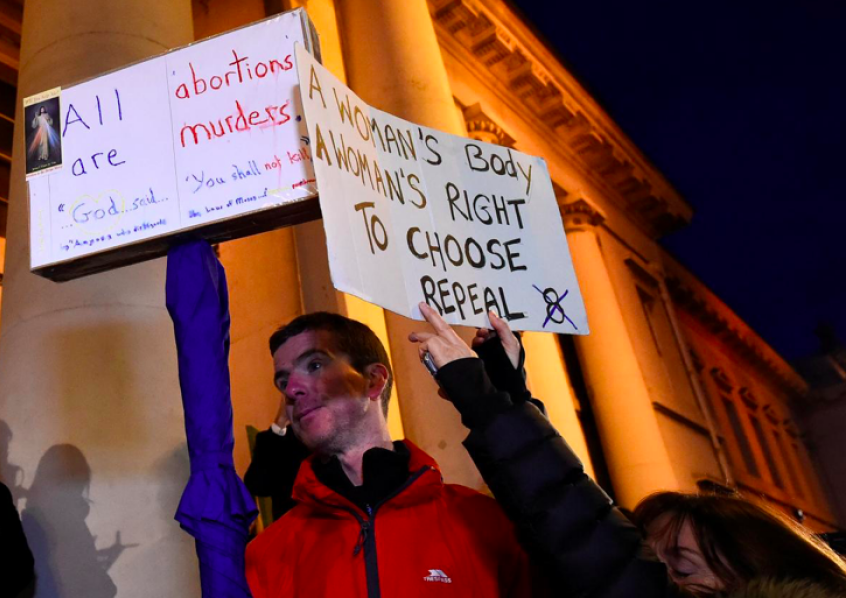
You don't have to be a fanatic pro-European – or for that matter an anti-abortion campaigner – to see that the principled case against referendums in a representative democracy is very powerful, because they undermine the strength of the representatives and the importance of elections.
Representative democracy is valued for a reason, and it is not about 'traditional' or 'top-down' politics. Unfashionable though it is to say it, politicians are there to govern on behalf of the people they represent, and there is nothing 'revolutionary' or indeed 'democratic' about the referendum device – 'a device,' as Clement Attlee once said, 'so alien to all our traditions as a referendum, which has only too often been the instrument of Nazism and fascism'.
Indeed, the Brexit referendum bypassed parliamentary democracy altogether along with our un-codified, delicate constitutional settlement. It has acted like a chainsaw in a rainforest developed over centuries.
Similarly on a party level, it is argued that one-member-one-vote systems of the sort which saw Jeremy Corbyn elected is a step towards 'revolutionary' democracy, yet this process saw elected MPs stripped of their influence. And whether or not you believe that Jeremy Corbyn is widely popular across the country, it is clear that Kenneth Clarke was, yet he was beaten under a similar system by the members' choice Iain Duncan Smith, who was distinctly not. In California, there is an even less 'democratic' bottom-up system in which a minority can determine the subject of a referendum. All these initiatives, in an increasingly populist age, help to erode the role of MPs and their equivalents, who are the cornerstone of the crucial concept of representative democracy.
O'Shea says of referendums: 'Such an approach may not be right for all policy areas. But our current mode of politics has produced a democratic deficit. Many people feel politicians do not represent them. Experiments in alternative ways of giving people a greater say in how they are governed will be essential if we are to overcome this problem.'
Please can these not include any more referendums? The Irish abortion vote will doubtless be very close, and leave Ireland divided as the Brexit poll has left Britain lethally divided. There can be few more divisive issues than abortion, and these conscience issues – including same-sex marriage – can in fact be resolved through legislation without referendums, as David Cameron showed. Alas, he failed to show the same leadership over Brexit, which he must surely know will remain his epithet, as it will that of the country for a long time to come.










